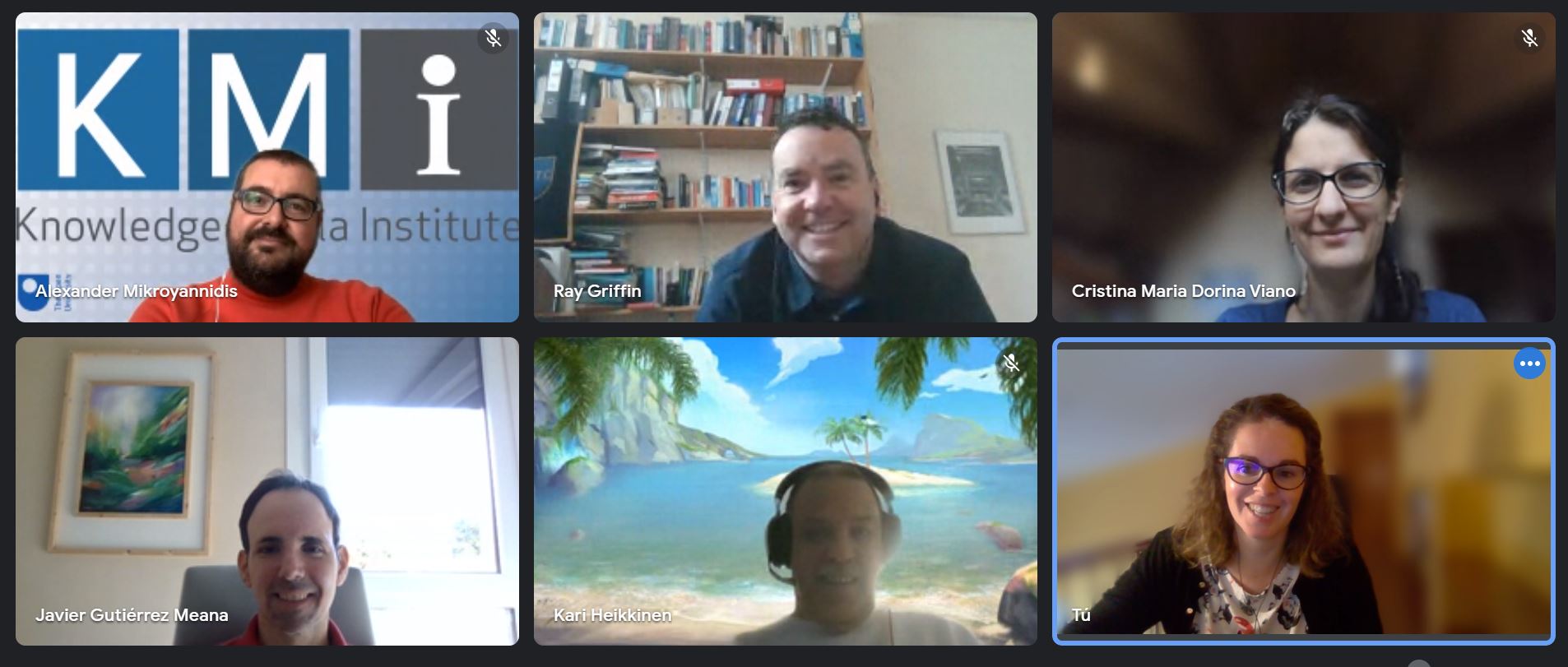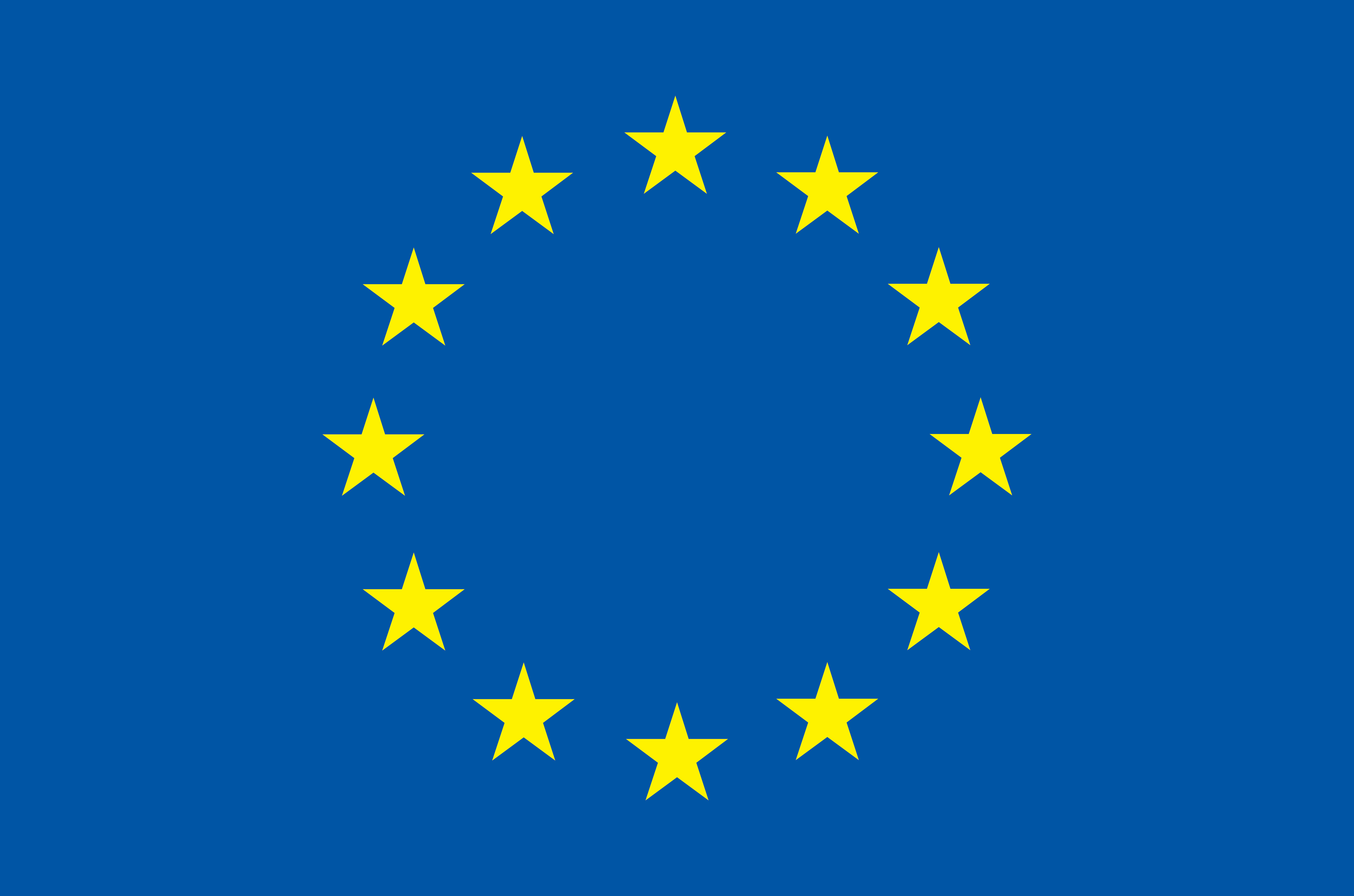

On October 28, 2021 an online meeting was held between representatives of the QualiChain, IMPULSE, HECAT, and CO3 projects, which are funded under the EU Horizon 2020 programme DT-TRANSFORMATIONS-02-2018-2019-2020 – Transformative impact of disruptive technologies in public services. During this meeting, the project representatives presented their respective projects and discussed potential areas of collaboration. Several such areas were identified, especially regarding the sharing of lessons learned and best practices from the pilots conducted in each project, as well as the co-organisation of dissemination events and activities.
The IMPULSE project (Identity Management in PUbLic SErvices) focuses on AI and blockchain disruptive technologies and their impacts on eID. The project will perform a user-centric and multidisciplinary analysis on the integration of such technologies in EU public services. IMPULSE will assess benefits, risks, costs and restrictions and consider socioeconomic, legal and ethical impacts. The project will involve Digital Innovation Hubs and implement six innovative case studies to produce an integrated AI and blockchain supporting GDPR-compliant eID and actionable roadmaps for the sustainable adoption of advanced eID technologies.
The HECAT project (Disruptive Technologies Supporting Labour Market Decision Making) is developing new technology to support labour market decision-making. A new user experience platform will build on existing basic algorithmic techniques used by some European public employment systems administrations to deliver labour market insights directly to unemployed citizens, and so is built on European values of open data, collaboration, transparency and citizen participation. By focusing on job quality and sustainable employment, the project will bring insight to policymakers.
The CO3 project (Digital Disruptive Technologies to Co-create, Co-produce and Co-manage Open Public Services along with Citizens) aims at assessing the benefits and risks of disruptive technologies, namely: blockchain, augmented reality, geolocated social network, interactive democracy tools, and gamification, in the co-creation, co-production and co-management of public services with citizens as PAs partners. Augmented Reality becomes a single shared layer on the urban passage and part of citizen’s public life, AR enables the manipulation of financial objects built on blockchains, information sharing on a map, online deliberations and so constitutes an infrastructure for service co-production by citizens. CO3 pilots the technologies’ ecosystem of in three sites: Paris, Turin and Athens.



